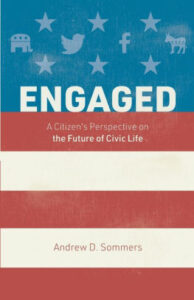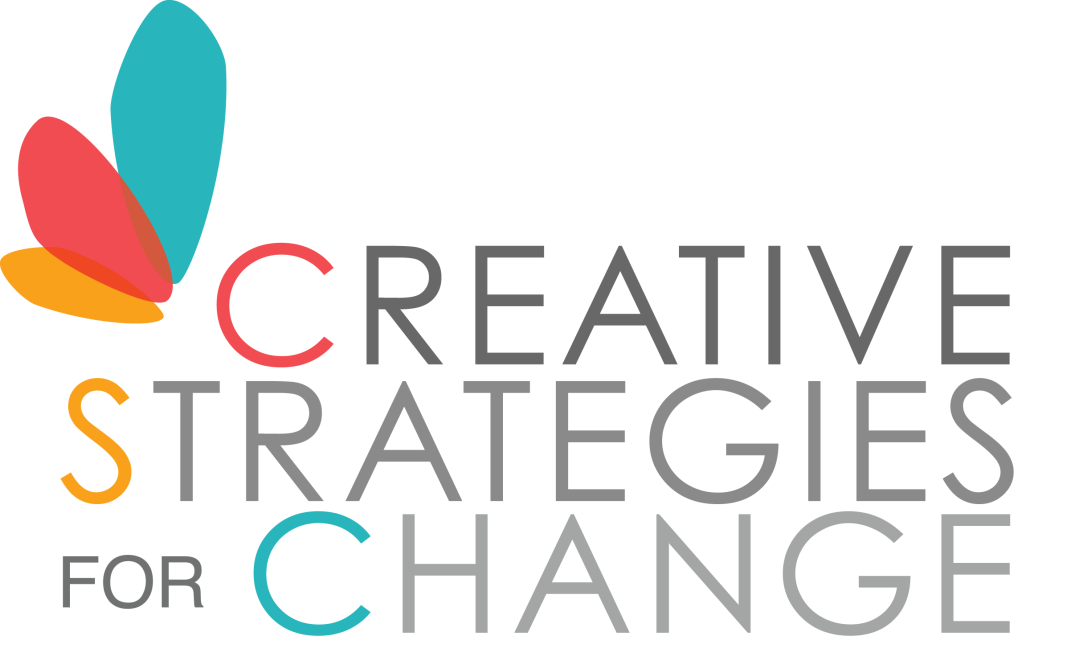The JAMS Foundation and NCDD’s partner the National Association for Community Mediation (NAFCM) are accepting submissions for their 2021-2023 Community Mediation Mini- Grant Program. This opportunity is extended to those interested in offering a new or enhanced process to how their organization currently serves their communities, with a focus on healing an ongoing or long standing community divide towards a path of re-connection.
The Program is designed to encourage creativity and variation based on research. Service strategies will be developed through the implementation of the “Listening for Action” Leadership Process and strengthened by at least one policy or procedure change developed and locally implemented over a two-year period. Program recipients will work together throughout the grant period anchored in the Learning Community. The Learning Community is a structured and collaborative peer working group facilitated by NAFCM. Written materials developed through these grants will be shared with community mediation centers and mediators across the continent and even internationally to support the mediation community.
Five organizations will be awarded yearly $12,000 grants for the 2021-2023 cycle. Applications must be submitted electronically by 11:59 p.m., local time of applicant on March 15, 2021 to admin@nafcm.org.Read more information on this exciting program below or find the original posting here.
NAFCM/JAMS Foundation Mini-Grant Bidders Conference
 The JAMS Foundation and National Association for Community Mediation (NAFCM) are pleased to announce the 2021-2023 funding track of the Community Mediation Mini-Grant Program (“Program”).
The JAMS Foundation and National Association for Community Mediation (NAFCM) are pleased to announce the 2021-2023 funding track of the Community Mediation Mini-Grant Program (“Program”).
Strengthening Community Connections: This is an opportunity to assist one or more of the communities you serve by helping this community to develop a long-term process focused on healing their current or long-standing community divide. The proposed project should expand how your organization currently serves your communities (through mediation, restorative justice practices, conflict coaching, conflict management training or dialogue processes), by offering a new or enhanced process to help people, institutions, and the community as a whole on their path toward re-connection.
Systemic changes developed as part of this process should be able to be replicated by community mediation centers as a path for sustainability and growth for the field of community mediation, as well as to inform the development of training, evidence-based strategies, policy, and research at the national level as well.
The Program is designed to encourage creativity and variation based on research. Service strategies will be developed through the implementation of the “Listening for Action” Leadership Process and strengthened by at least one policy or procedure change developed and locally implemented over a two-year period. Program recipients will work together throughout the grant period anchored in the Learning Community. The Learning Community is a structured and collaborative peer working group facilitated by NAFCM. This structure serves as an incubator for innovation by aiding in the development of “good practices.” Written materials developed through these grants will be shared with community mediation centers and mediators across the continent. By distributing these materials, sharing programmatic resources, providing training, and developing national partnerships, NAFCM supports the replication of these service models and ensures the Program’s impact on an international level.
The Learning Community will meet twice a month for the first five months, and monthly thereafter using a specified on-line meeting platform. This community will follow the “Listening for Action” structured guidance offered by NAFCM that is intended to strengthen the unique work of each project as well as create an executive learning environment that allows the members to grow both individually and professionally.
2021 Solicitation of Interest (SI) Overview
The 2021 Program selection process has two distinct phases.
Phase 1 begins with the release of this 2021 Solicitation of Interest (SI) protocol. This phase is open to any organization which works to incorporate the 9 NAFCM Hallmarks of Community Mediation and believes that this funding and technical assistance support opportunity is a good fit for the needs of their work and those with whom they work.
A community mediation center is an entity that works to achieve the following nine hallmarks of a community mediation center:
- A private non-profit or public agency or program thereof, with mediators, staff and governing/advisory board representative of the diversity of the community served.
- The use of trained community volunteers as providers of mediation services; the practice of mediation is open to all persons.
- Providing direct access to the public through self-referral and striving to reduce barriers to service including physical, linguistic, cultural, programmatic and economic.
- Providing service to clients regardless of their ability to pay.
- Providing service and hiring without discrimination on the basis of race, color, religion, gender, age, disabilities, national origin, marital status, personal appearance, gender orientation, family responsibilities, matriculation, political affiliation, source of income.
Providing a forum for dispute resolution at the earliest stage of conflict.
Providing an alternative to the judicial system at any stage of a conflict. - Initiating, facilitating and educating for collaborative community relationships to effect positive systemic change.
- Engaging in public awareness and educational activities about the values and practices of mediation.
Phase 2 begins in April 2021 and is open only to those who submitted a response to the SI during the prior phase and have been invited to submit a full proposal.
This 2021 Program is for those Community Mediation Centers wishing to embed the core values identified by community mediators and recorded in the 2019 State of Community Mediation Report: Fairness, Peacemaking and Violence Prevention.
Funding Project Process Step 1 – Open to all now until March 15th, 2021
- Interested organizations are required to submit a 1-3-page response to the Solicitation of Interest (SI) (using the guidelines on the following page) to NAFCM no later than 11:59 PM local time of the organization’s legal/main location, March 15, 2021 to siminigrant2020@gmail.com
- An informational conference call will be held on Monday February 8, 2021- 4:30 PM Eastern Time. There is a limited number of spaces for this teleconference and you must be registered no later Friday February 5, 2021. To obtain the link for the conference please send a notice of interest to NAFCM at siminigrant2020@gmail.com
Funding Project Process Step 2 – By invitation only
- The NAFCM Grant review committee will notify applicants if they have been selected to develop a full proposal by April 1st, 2021. For selected applicants a review webinar will be offered on Tuesday April 16, 2021 at 12:00 PM Eastern Time. The link for attendance will be sent to those applicants who are invited to submit a full proposal.
- Full proposals (with a required application protocol provided upon notification) will be due to the NAFCM Grant review committee no later than 11:59 PM local time of the organization’s legal/main location on Monday, June 15th, 2021.
- Notifications of the final decision will be made by August 31st, 2021.
Please address questions about grant program to D.G. Mawn, President, NAFCM, at siminigrant2020@gmail.com.
You can find the original version on the National Association for Community Mediation at www.nafcm.org/news/546106/NAFCMJAMS-Foundation-Mini-Grant-Bidders-Conference.htm.


 Discussion groups can foster social bonds that are critical for student success.
Discussion groups can foster social bonds that are critical for student success. By Andrew D. Sommers
By Andrew D. Sommers Celebrating Partnerships that Strengthen America
Celebrating Partnerships that Strengthen America Creative Strategies for Change is expanding our team! We are currently hiring for an Executive Director to start in February of 2021, could it be you or someone you know?
Creative Strategies for Change is expanding our team! We are currently hiring for an Executive Director to start in February of 2021, could it be you or someone you know? Since 1949, the National Civic League has designated over 500 communities as All-America Cities for their outstanding civic accomplishments. The Award, bestowed yearly on 10 communities, recognizes the work of communities in using inclusive civic engagement to address critical issues and create stronger connections among residents, businesses and nonprofit and government leaders.
Since 1949, the National Civic League has designated over 500 communities as All-America Cities for their outstanding civic accomplishments. The Award, bestowed yearly on 10 communities, recognizes the work of communities in using inclusive civic engagement to address critical issues and create stronger connections among residents, businesses and nonprofit and government leaders.